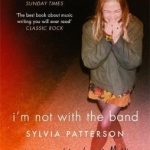
I'm Not with the Band: A Writer's Life Lost in Music
Book
This is a three-decade survivor's tale ...a scenic search for elusive human happiness through music,...
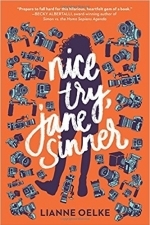
Nice Try, Jane Sinner
Book
"Jane Sinner snarked her way into my heart, and she's never leaving. Prepare to fall hard for this...
young adult
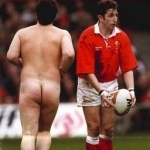
Odd-shaped Balls: Mischief-makers, Miscreants and Mad-hatters of Rugby
Book
Rugby is not a game for those who think that centres are what you find in a box of Black Magic or...
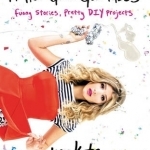
A Hot Glue Gun Mess: Funny Stories, Pretty DIY Projects
Book
In this beautiful paperback edition featuring French flaps, hugely popular lifestyle blogger,...
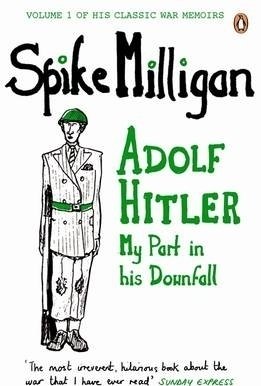
Adolf Hitler: My Part in His Downfall
Book
Adolf Hitler: My Part on His Downfall is volume One of Spike Milligan's outrageous, hilarious,...
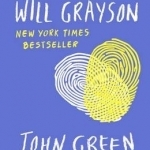
Will Grayson, Will Grayson
Book
This is the New York Times bestselling novel from John Green, the author of multi-million bestseller...

Is it Really Too Much to Ask?: The World According to Clarkson Volume 5
Book
Is It Really Too Much To Ask? is the fifth book in Jeremy Clarkson's bestselling The World According...
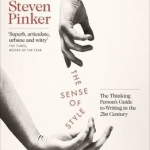
The Sense of Style: The Thinking Person's Guide to Writing in the 21st Century
Book
Steven Pinker, the bestselling author of The Language Instinct, deploys his gift for explaining big...
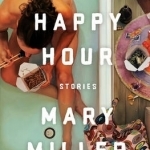
Always Happy Hour: Stories
Book
Combining hard-edged prose and savage Southern charm, Mary Miller showcases biting contemporary...
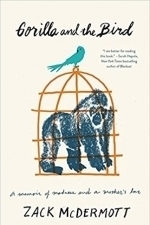
Gorilla and the Bird
Book
The story of a young man fighting to recover from a devastating psychotic break and the mother who...